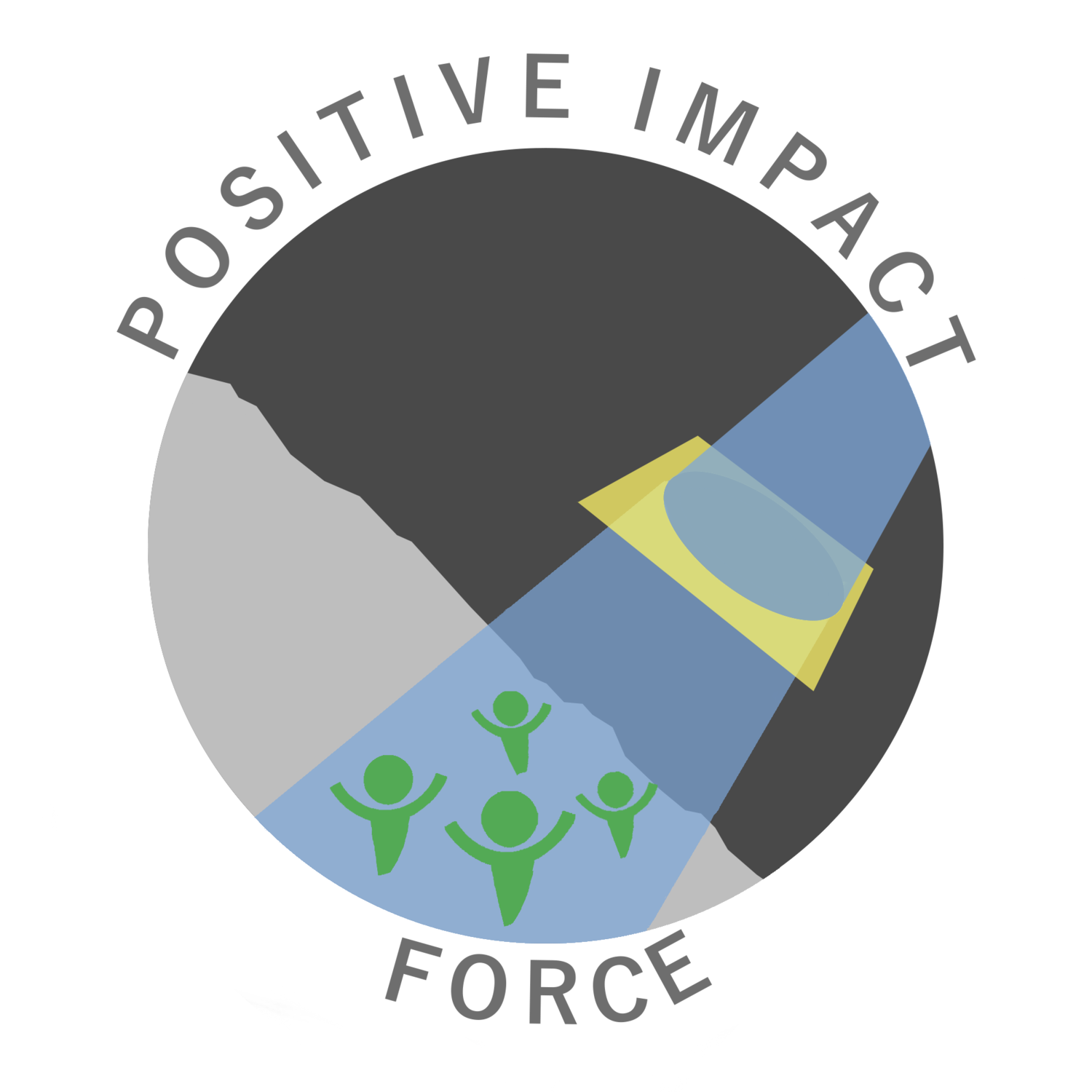What Does Hump Day Mean?
This expression has long puzzled me. The definition says “Wednesday, regarded as the midpoint of a typical work week”, and then goes on to say this – “it’s hump day and perhaps the toughest day of the week for you.” Now, why would Wednesday be the toughest day of the week?
As I think about this, I’m confused. It feels like we’re celebrating, or at least condoning a relationship with work, school and life that somehow devalues the week and praises the weekend. I heard someone say last week, “I live for Fridays!” and I thought, “what about the other six days of the week?”
The New York Times published an article stating that a heart attack was 20 percent greater on Mondays for adult men and 15 percent greater for adult women, which they had initially blamed on the stress of returning to work but said additional factors may be involved.[1] If we believe returning to work on Monday can cause so much stress that it effects our health, then why aren’t we looking deeper into this? I would also think additional factors that could contribute to the increased heart attacks on Monday could be or our coping habits we’ve developed for escaping from the work week, which can include excessive drinking, smoking, partying, eating, exercise, tv watching, etc. I wonder what would happen if we started working to seek the opportunity in this situation to make changes?
I know some businesses include employee wellbeing in their cultures, and I’ve read about a lot of organizations that are looking for ways to create a healthier employee. I wonder what might happen if we reshaped the problem as an opportunity using the framework of appreciative inquiry?
What might the landscape look like if we asked a question like –
How might we structure our company culture so that employees look forward to coming to work and feel valued and respected here?
What if we asked the employees that question in groups with managers and CEOs?
How might it create whole system change to recreate the work day, the space, and the policies and procedures?
What if the solution is not to fix what we have, but to explore what might be without the limitations of the current structure?
When I started working, we didn’t have computers. You got mail in a mail room, and we used carbon paper to make copies of the things we wrote. You’d think things were very different then, but really, they weren’t. We sat in workspaces similar to the ones available today, we worked the same types of shifts, had the same types of bosses, and dealt with a lot of the same issues. It feels a little like the world changed, and we just keep adjusting our old system by layering and layering new things on a foundation that isn’t big enough or strong enough to support it.
When I read about education, the comments are very similar. The current structure of having kids sit at their desks for hours and hours a day and then do hours of homework at night isn’t meeting the demands of the future workforce. Businesses need their own training departments, and Corporate Universities to give employees the skills necessary to work. What might happen if we included Universities and schools in that same conversation I referred to earlier with employees and managers and CEOs? Is it possible we could look for community solutions to create foundations for success?
In a world with so much opportunity, it seems very limiting and sad to stop one day a week and say, “Today is Hump Day, let me climb to the top of this very small hump and slide into the weekend,” when I could be saying, “Today is Wednesday. I wonder what mountain I could climb today?”
[1] https://www.nytimes.com/2006/03/14/health/14real.html




